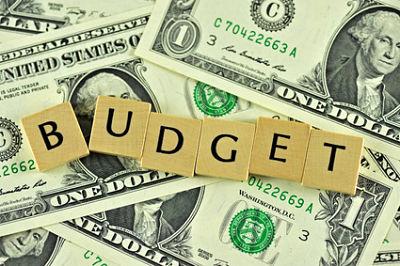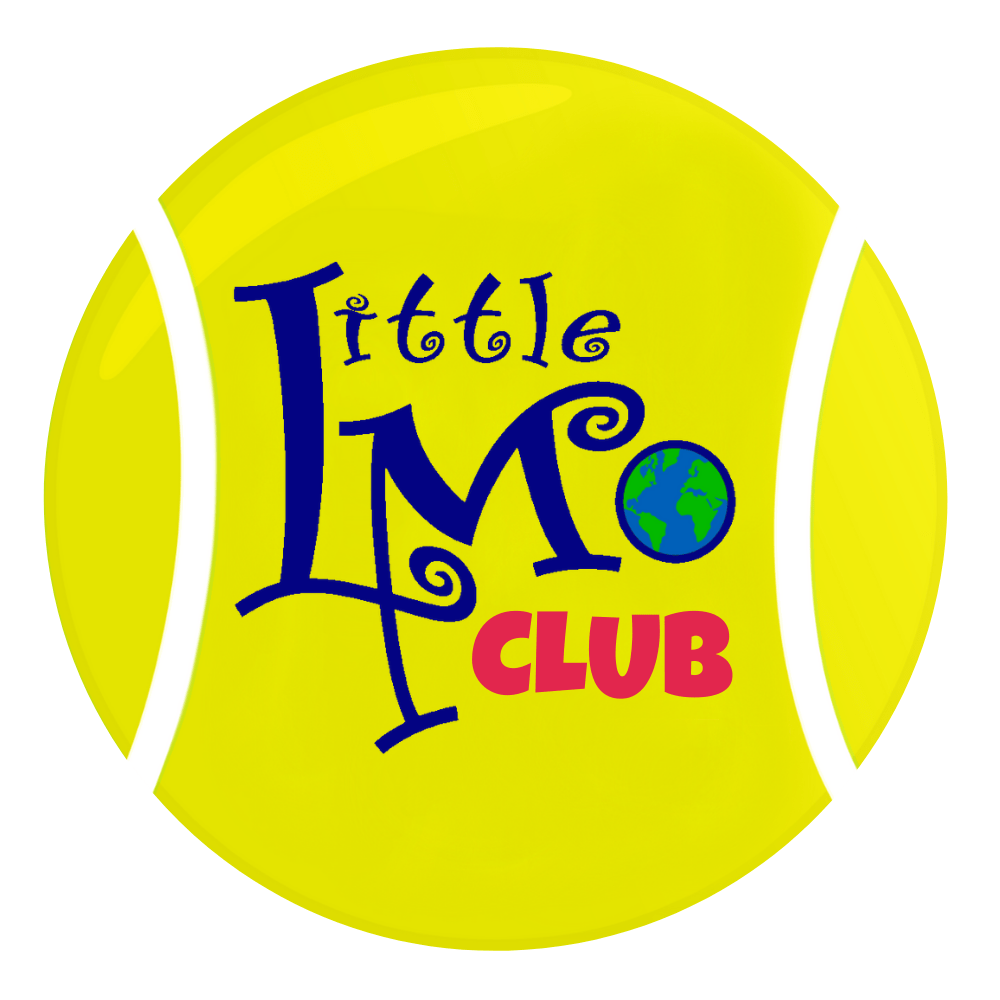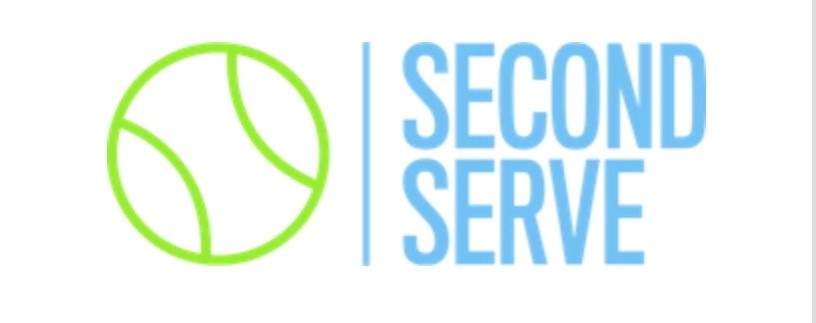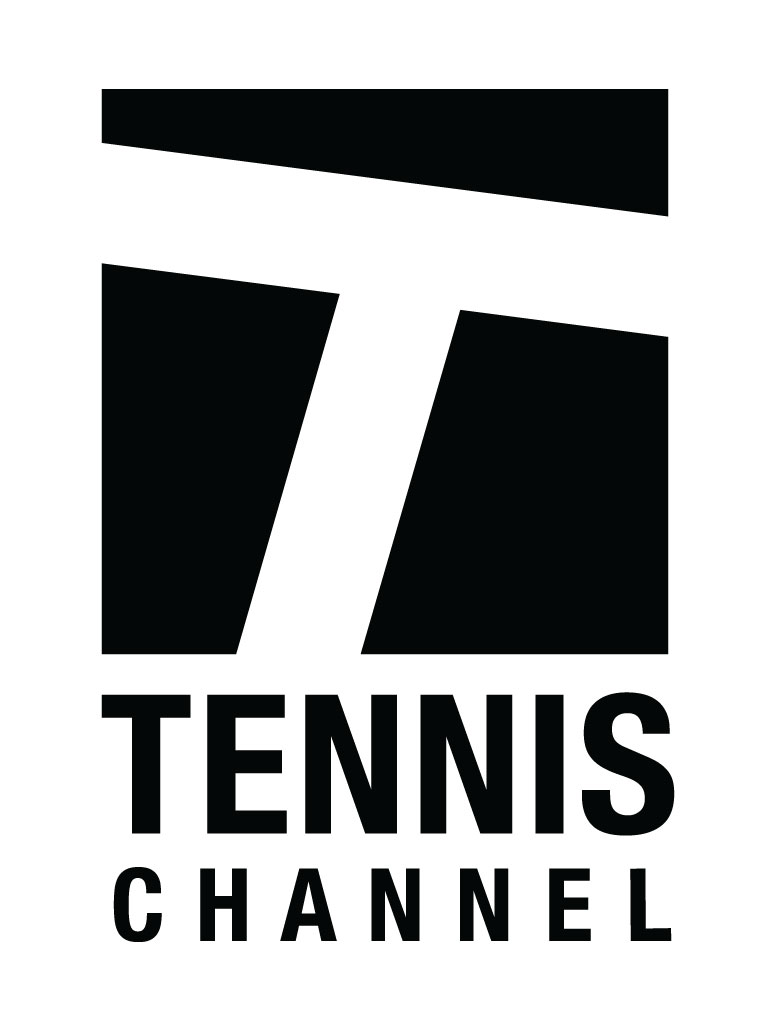Maximizing Your Tournament Budget
Up Next
My Letter to USTAToday’s guest post is courtesy of Todd Widom, a junior coach in South Florida. Todd competed in USTA junior tennis and reached a #5 ranking in US Boys 16s and held the # 1 ranking in US Boys 18s. That success earned him a full athletic scholarship from the University of Miami. After reaching the semifinals of the NCAA tournament in 2003, he decided to test himself on the pro tour. Due to multiple injuries, Todd’s career was cut short, and he retired from the tour following the 2010 Australian Open. He has been coaching ever since.
Junior tennis travel and playing in tournaments are very costly and everyone’s financial situation is different, which is why implementing a strategy for your child to play competitive tournaments without spending an exorbitant amount of money is imperative for many families. One aspect that surprised me when I started coaching was the amount of tournaments the juniors players were playing. Some of the juniors were playing as many tournaments as I did when I was a professional. This is detrimental to the player.
A junior tennis player is much different than a professional player because a junior is still developing many skills in their game. If the player is competing in tournaments too often, their development as a tennis player will come to a screeching halt. Improvements happen in a highly disciplined training environment, not in tournaments. Your child may become more confident winning matches, but the real and lasting improvements happen in practice. Training sessions are your homework and tournaments are your test. Without proper preparation and guidance your test results will be lacking. Every tournament you play is another examination to where you are as a player. You should always know what to work on when the exam is over and when you come back to training. I would hope that your child would not walk into an SAT test without proper preparation and this is the same concept.
Some of the most frequently asked questions are what tournaments should I play? Where should I play? Should I play a sectional, regional, super national, or ITF tournament? If a player is a serious player and would like to play college tennis or even has professional aspirations, the number one goal for every junior is to try to improve their skills on a daily basis and try to become the best player they can. In the United States, there are many tournaments to choose from, so having someone guide you through this process is very important to assure that time and money are not wasted.
From my vast experience, I believe, that if possible, the junior tennis player should stay local and play all their sectional and regional tournaments. If your child is struggling to beat certain players or a certain type of player, then train harder; train more consistently and in a disciplined manner and get better. Dodging your competition is not going to get you to a higher level of tennis or to a higher level college because every coach knows the level of their player and every school knows what they are recruiting. Chasing points around the country is not going to be that beneficial, because when the junior goes and plays higher level tournaments, there is nowhere to hide anymore. If your child is so dominant in their section, then you should look at other options. But until then, stay put.
Another option I hear about is that my child needs to play in ITF tournaments. They do not need to play these tournaments and especially on the parents dime if it is going to be a big expense. If the federations would like to pay for the player to play these tournaments, then that’s great, but other than that, I do not see a need to play in them. I constantly see and hear about kids chasing points in the Caribbean and other parts of the world to get ITF rankings and it just boggles my mind as to why they would do this. There are local tournaments in your area that have better competition where you do not have to spend thousands of dollars traveling. One parent once told me that there was no way their child could go to a high level college because they did not have a high ITF ranking. College coaches are going to watch your child play and look at their results and know if their level is a good fit for their program. In other words, it does not matter the type of tournaments you play in, it matters how good you are and there is no one right way to get to a high level.
Please understand that I am not saying that playing ITF tournaments is bad for the juniors. I am saying that it is not the most economical way to become the best you can be if it’s on the parent’s dime. If an ITF tournament is in the area or not too far away, then it is good to play if the expense is not too high. Playing enough ITF tournaments to be able to qualify to play in grand slams is very expensive, and if the parents have the funds to do it or the federations have the funds to pay for it, then that’s fantastic.
If money is not in abundance, and you have proven yourself at the national level in 16’s and 18’s, then I think the best way to learn as a young person is to start playing higher-level tournaments, which are professional Futures events. Play the qualifying and see if you can qualify, and if you can qualify, now see if you can win main draw matches. This is one of the best investments you can make in your child because you are now investing in your child playing against hungry adults or college players trying to get their feet wet in professional tennis. There is a big difference in maturity and professionalism at professional tournaments compared to national junior or sectional events. Junior tennis is one thing and playing against men or women is another ballgame. What the juniors are going to soon understand is that the professional tour is very serious, even at this low level of professional tennis. This level also shows the player, coach, and parents what level the player is at, because the Futures level is a very similar level to the level of top college tennis, so the results of the player is going to give a lot of feedback to the coach as to where the player is in terms of their development.
For example, my ITF junior career consisted of three tournaments because funds were limited. I drove to a low level tournament in Hilton Head, South Carolina and I played the U.S. Open and Orange Bowl. I received wildcards into the junior U.S. Open and Orange Bowl for winning a super national in my last year of junior tennis. At the U.S. Open, I ended up losing to the number three player in the world, Brian Dabul of Argentina in three sets in the second round in a very tough highly competitive match. A couple of months later I played the Orange Bowl and was able to defeat the number two player in the world Janko Tipsarevic in three sets in the second round. The moral of the story is that after these results, it proved to me that I could play with, and beat the best juniors in the world, without having to spend exorbitant sums of money to travel all around the world chasing points. I played locally and across the U.S. and when I proved that I could play a high level in 16’s and 18’s nationally, I spent my money on playing adults and not juniors. When I had played Janko, he was seventeen and was ranked somewhere in the 300’s or so on the ATP Tour, which meant that he had plenty of pro experience at a young age.
In conclusion, there are many ways to achieve your goals and dreams, and if you are like I was, come up with a plan with your coach on how to maximize your funds. Unfortunately, I have seen many kids poorly guided, and it is crucially important to manage the players smartly so that their tennis development continues in a positive direction. There is no one right way to achieve your goals other than to try to get better each and every day you get to play this great game.













